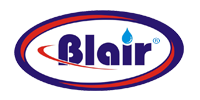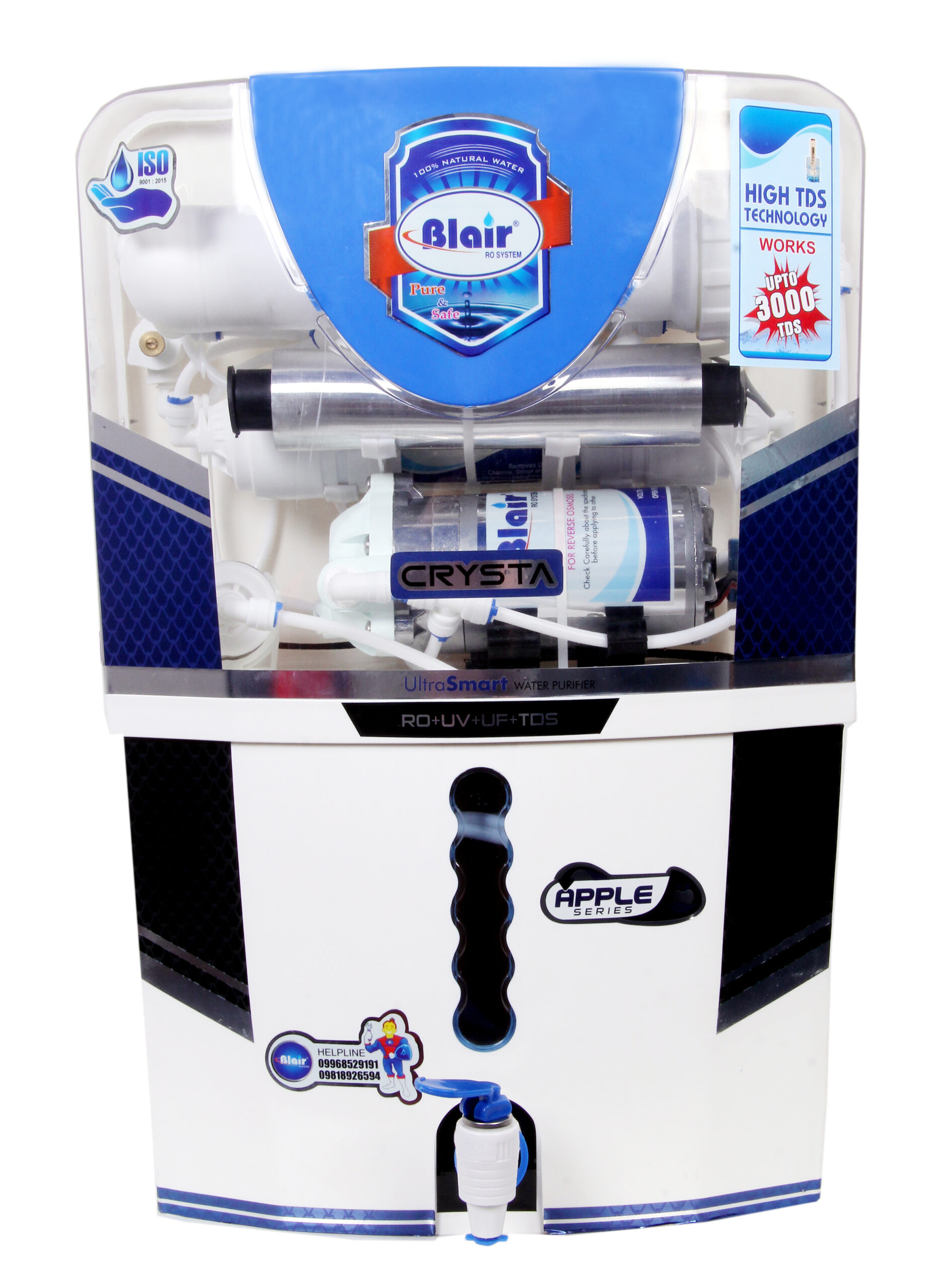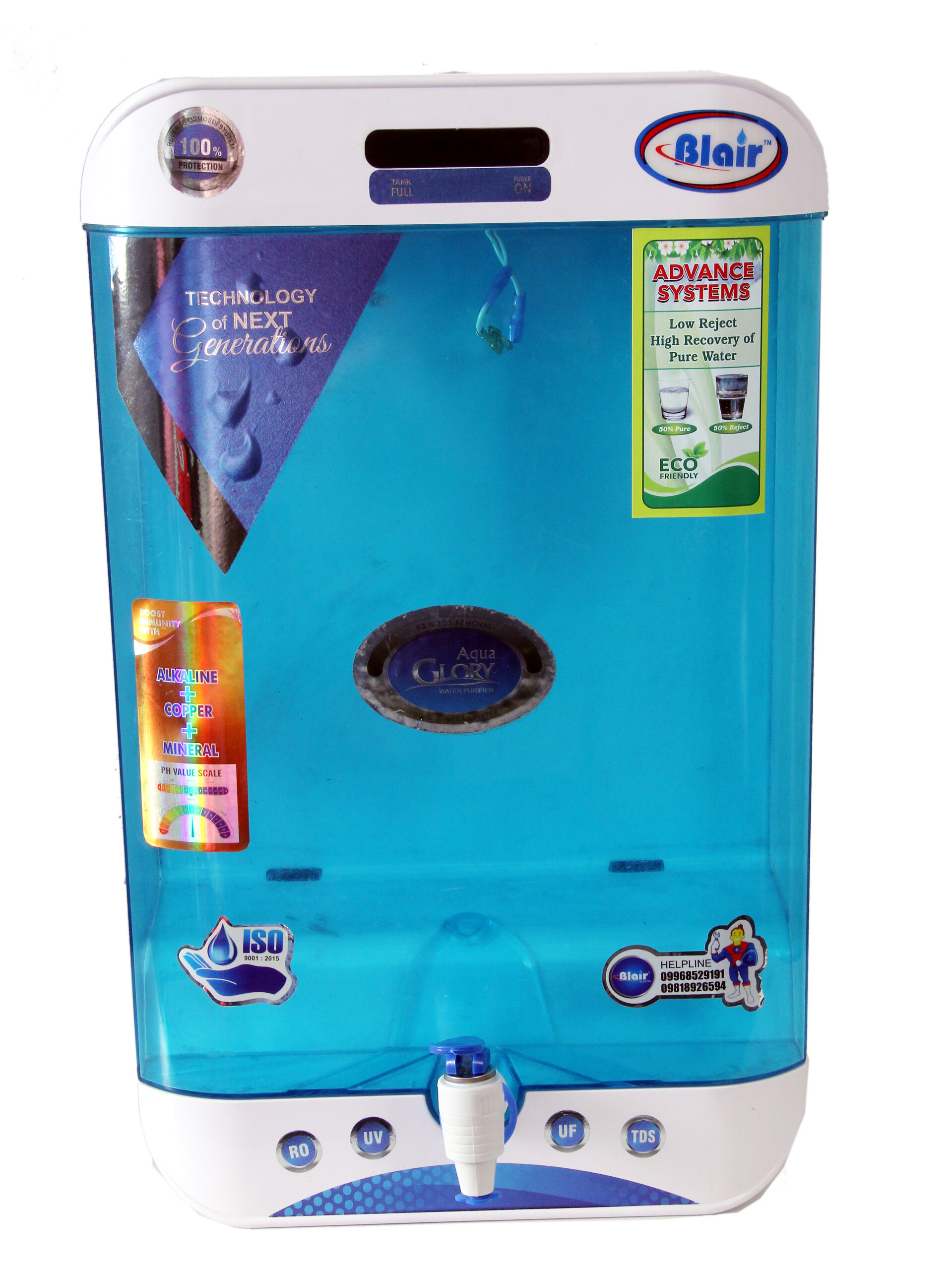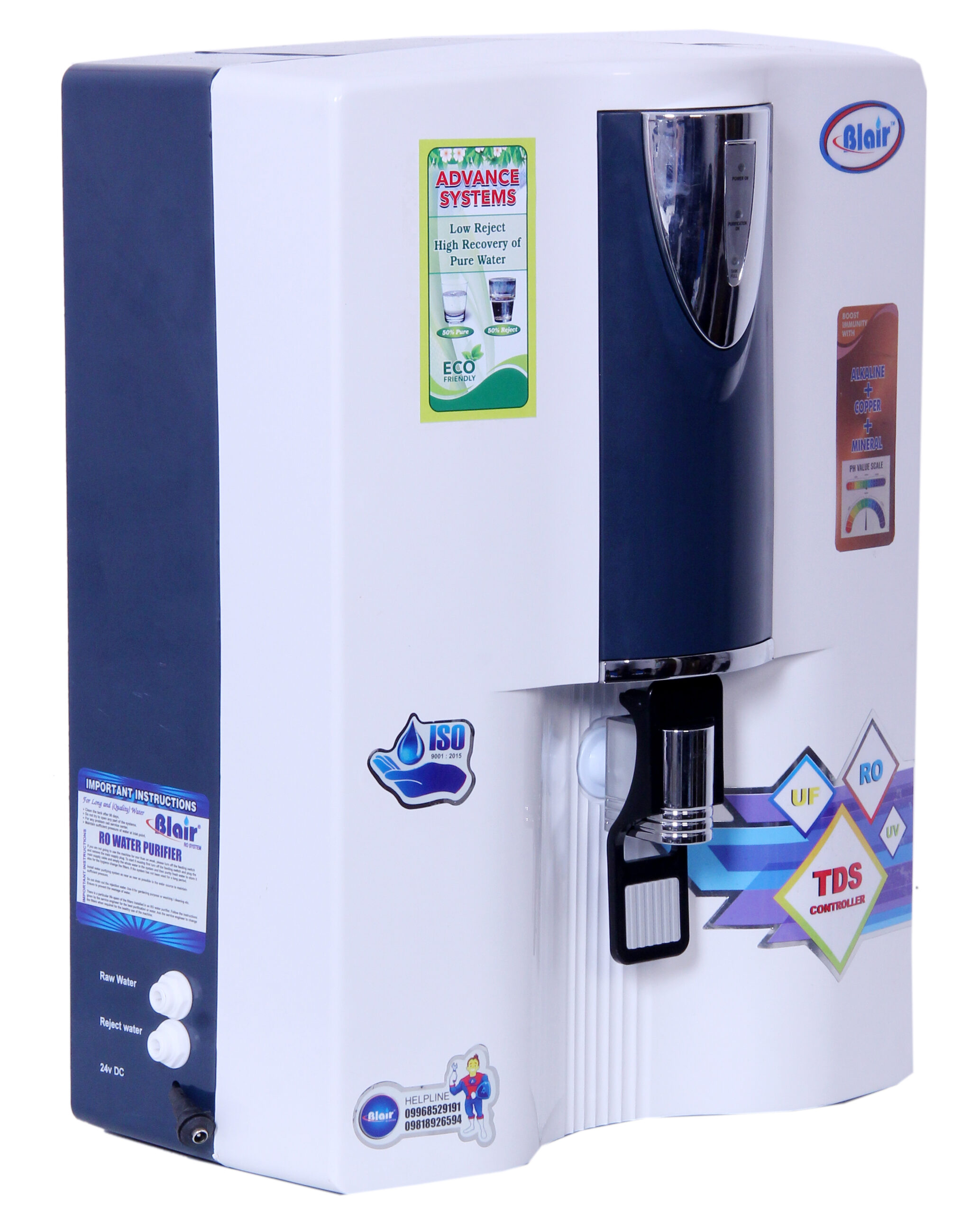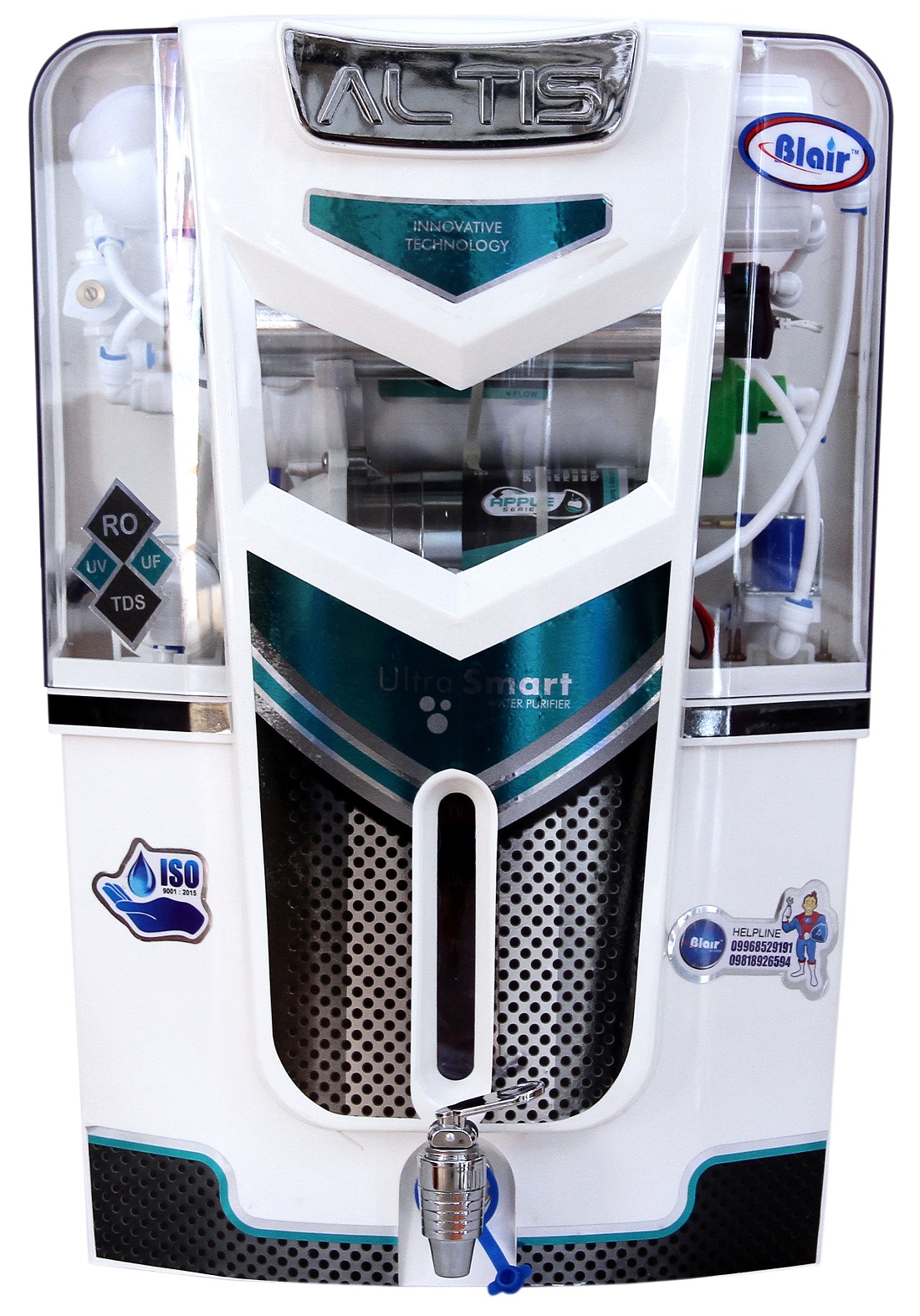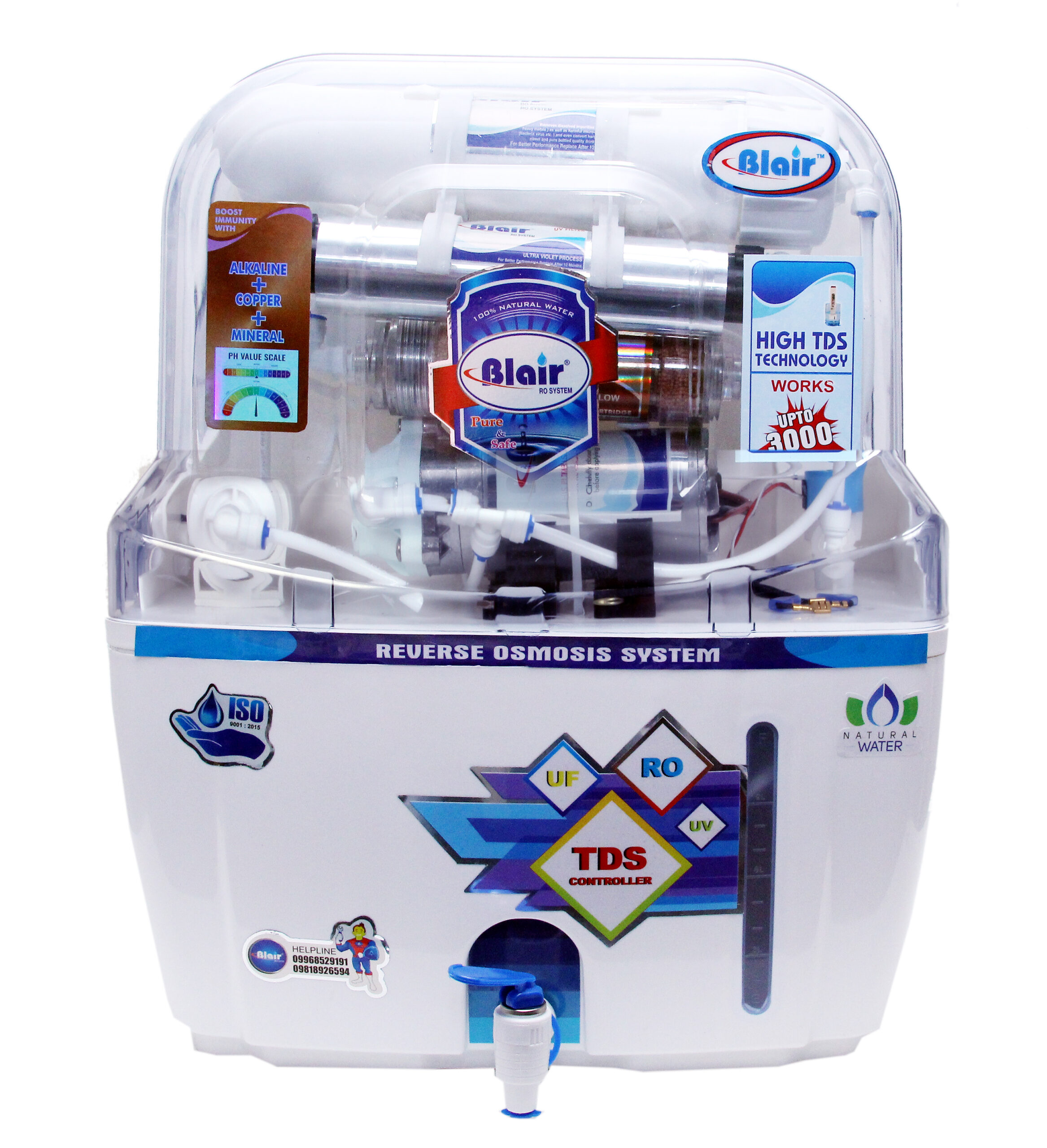Introduction
Clean drinking water is essential for our health and well-being. However, tap water may contain various impurities such as bacteria, viruses, and chemicals that can be harmful to our health. This is where a water purifier comes in – it helps remove impurities and provide safe drinking water for you and your family. But with so many different types of water purifiers available in the market, it can be overwhelming to choose the right one for your home. In this blog post, we’ll guide you on how to choose the right water purifier for your home.
“Thousands have lived without love, not one without water.”
– W.H. Auden
Click here to check out some amazing Water Purifiers.
Steps to Choose Right Water Purifier
- Identify your water source:
The first step is to identify your water source – is it municipal or groundwater? Municipal water is usually treated and chlorinated, but it can still contain impurities. Groundwater, on the other hand, can be contaminated with heavy metals and other chemicals. Knowing your water source can help you choose the right water purifier for your home. - Understand the different types of water purifiers:
There are several types of water purifiers available, each with its own pros and cons. Here are the most common types:- RO water purifier: RO stands for reverse osmosis, and these purifiers use a semipermeable membrane to remove impurities. They are effective in removing dissolved solids, but they also remove essential minerals, making the water slightly acidic.
- UV water purifier: UV stands for ultraviolet, and these purifiers use UV radiation to kill bacteria and viruses. However, they do not remove dissolved solids or chemicals.
- Gravity-based water purifier: These purifiers use gravity to push water through a filter, removing impurities. They are affordable and do not require electricity, but they are not as effective as RO or UV purifiers.
Click here to get better understanding for different types of Water Purifiers.
- Consider the TDS level:
TDS stands for Total Dissolved Solids, and it refers to the amount of inorganic and organic substances present in the water. The ideal TDS level for drinking water is between 50-500 mg/L. If your TDS level is high, you may need an RO water purifier to remove the dissolved solids. - Check the purification capacity:
The purification capacity of a water purifier refers to the amount of water it can purify in a day. You should choose a purifier with a capacity that meets your daily needs. - Look for additional features:
Some water purifiers come with additional features such as a pre-filter to remove coarse impurities, a post-carbon filter to improve the taste of water, and a storage tank to store purified water. These features can add to the cost of the purifier, but they can also improve the quality of the water.
Conclusion
In conclusion, choosing the right water purifier for your home is important for your health and well-being. By understanding your water source, the different types of water purifiers available, and considering factors such as TDS level, purification capacity, and additional features, you can make an informed decision and choose a water purifier that meets your needs.
